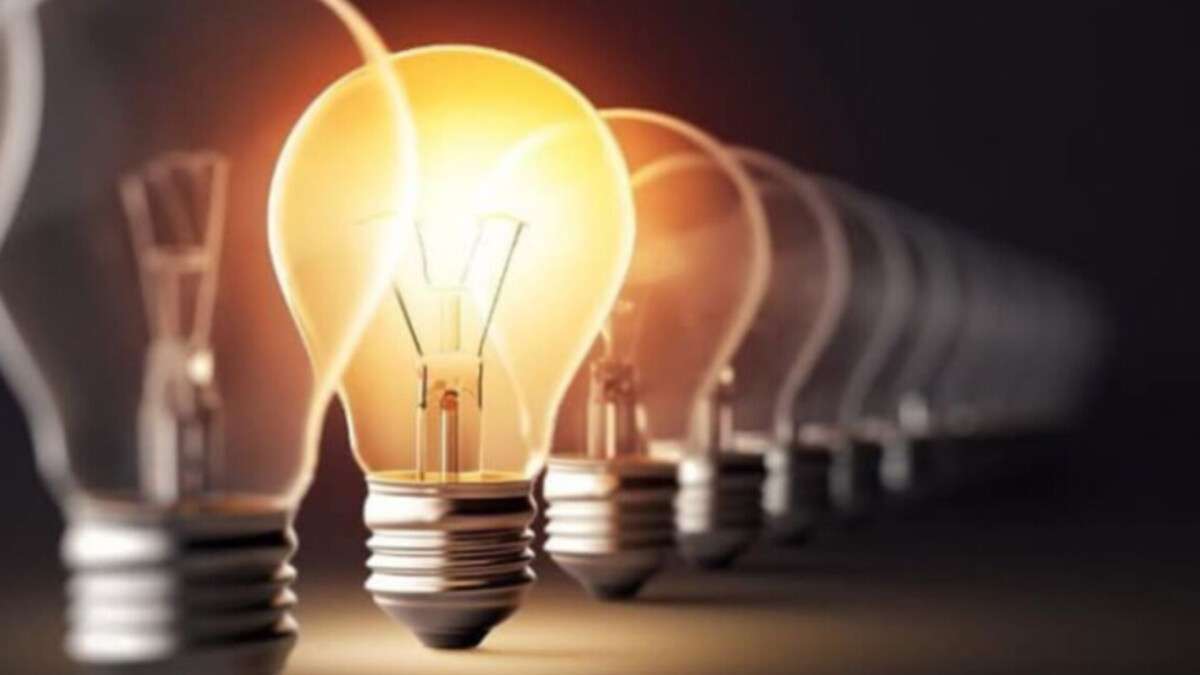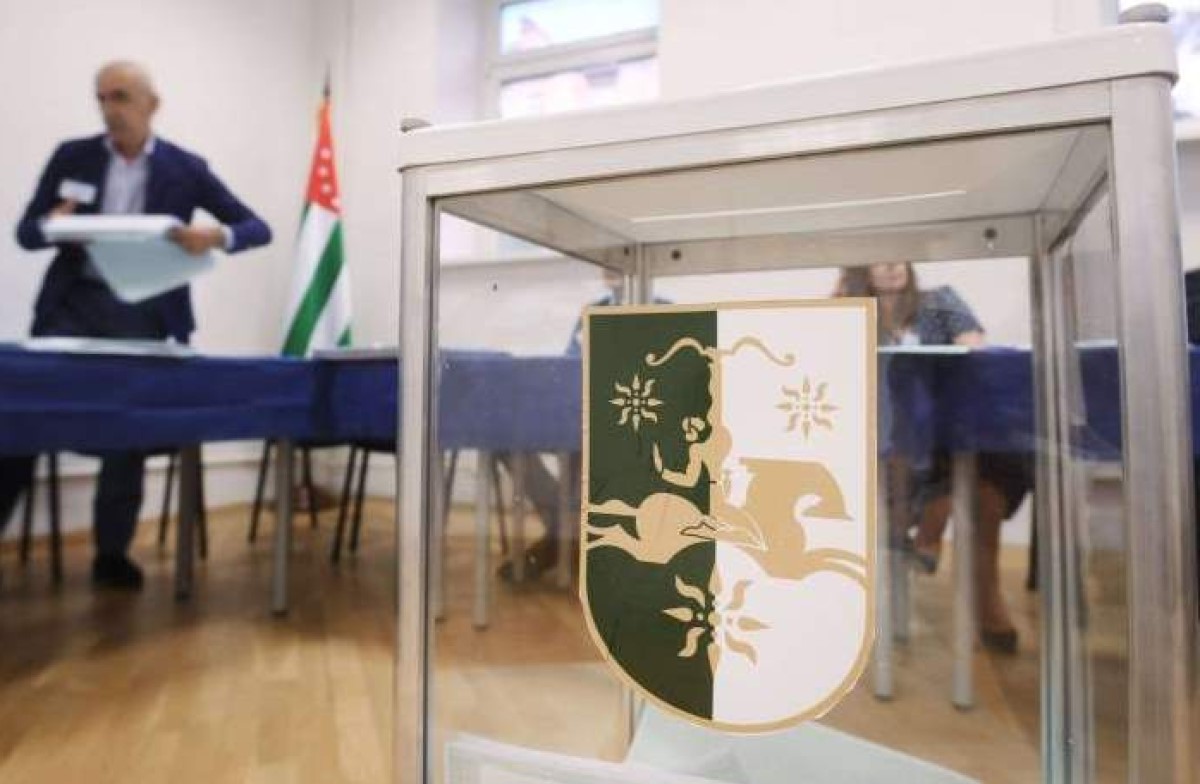
Russia resumes electricity supplies to Abkhazia
A few months after cutting off Abkhazia’s “humanitarian electricity” and opting to sell power at market prices, Russia has reversed its stance. Starting December 23, Abkhazia will once again receive free electricity from Russia, helping to alleviate the energy deficit and reducing rolling blackouts from 10 hours a day in December to just four hours.
“Abkhazia is a country close to us. We recognize it as a state. They are our neighbors, and we wish them stability, prosperity, and happiness—naturally, alongside us,” stated Dmitry Peskov, the Kremlin’s spokesperson, commenting on Abkhazia’s energy crisis.
Russia’s generous gesture followed an appeal by Badra Gumba, the acting president of Abkhazia. However, JAMnews’ Abkhaz editor, Inal Khashig, believes there is no connection between the two events.
Inal Khashig:
Pro-government Abkhaz media unanimously claim that Russia restored energy supplies to Abkhazia thanks to Badra Gumba, whom Moscow is backing in the upcoming presidential elections scheduled for February 2025.
The opposition, of course, disputes this, arguing that the Kremlin’s decision was made earlier, even before Gumba’s official appeal. However, in my opinion, this claim sounds rather unconvincing.
In the previous elections of 2020, the Kremlin seemed largely indifferent to whom the Abkhaz people would elect as their president, as there are no politicians in Abkhazia inherently disloyal to Russia. But now the situation is different. Moscow’s approach has shifted significantly, and it is clearly betting on Badra Gumba, viewing him as the successor to former President Aslan Bzhania, who made numerous promises to Russia but failed to deliver on them.
- Opinion: “Not an anti-Russian act, but response to Bzhania’s policies”
- Another Abkhazian revolution: What’s next? | Astamur Tania and Inal Khashig
Moscow likely hopes that Badra Gumba will succeed where Bzhania failed—pushing through agreements and legislation beneficial to Russia but unpopular among Abkhazians.
However, it would be wrong to assume that the Kremlin is ignoring the sentiments prevailing in Abkhaz society. Even if Badra Gumba is elected as the new president, he will not be able to govern as Aslan Bzhania did, assuming he could make decisions unilaterally without broader approval. Gumba will find it impossible to pass unpopular laws without facing the same fate as Bzhania, who was ousted.
But it’s not just about Gumba—whoever takes the presidential seat, things cannot continue as they were. The presidency in Abkhazia clearly needs a reset. Reforms are inevitable. This is a public demand, a societal expectation that the new president will have to heed. And Moscow must take this into account.
Terms, place names, opinions and ideas suggested by the author of the publication are their own and do not necessarily coincide with the opinions and ideas of JAMnews or its individual employees. JAMnews reserves the right to remove comments on posts that are deemed offensive, threatening, violent or otherwise ethically unacceptable.
Russia resumes electricity supplies to Abkhazia


